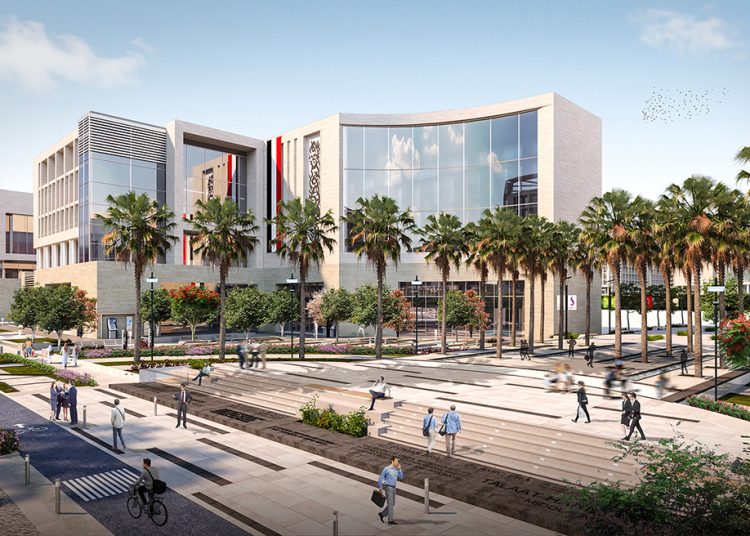The Administrative Capital for Urban Development (ACUD), the operator of the New Administrative Capital (NAC), announced the fourth phase of the ongoing development plan, Chairman Khaled Abbas said in recent statements.
The phase is being developed with the assistance of international consultancies, following a global tender that attracted some of the world’s largest engineering consulting firms, Abbas added in press statements.
ACUD is currently planning the second, third, and fourth phases, which were presented to these consulting offices, adding that the winning office will be selected to develop the plan during the first quarter of 2024.
Once the general plan for the new stages is completed, ACUD will begin construction work immediately, with an anticipated completion date in the second half of 2024, Abbas said.
“To date, around 100,000 housing units have been completed and 1,200 families have already moved in,” Abbas added.
Additionally, several major banks and businesses are scheduled to relocate their headquarters to the new capital by Q1 of this year.
The first phase of the capital development plan covers an area of 40,000 feddans, including 10 residential areas, with subsequent phases estimated to span approximately 190,000 feddans.
Work on this phase was more than 70 per cent complete in August 2023, according to a recent statement by ACUD.
Once completed, the megacity is expected to house 6.5 million residents.
ACUD has recorded profits of LE10 billion during the first half of 2023, Abbas said, expecting a further surge of 15-35 per cent in profits for the year.
Since its inception in 2015, the NAC has generated numerous investment opportunities.
In a recent announcement, Abbas revealed ACUD’s plan to offer up to 10 per cent of its shares on the Egyptian Exchange in the first half of 2024, which aligns with the Egyptian government’s broader strategy to offer stakes in 35 state-owned companies to strategic investors throughout 2024.
Established in 2016, ACUD currently boasts a total capitalization of LE204 billion ($6.6 billion).






Discussion about this post